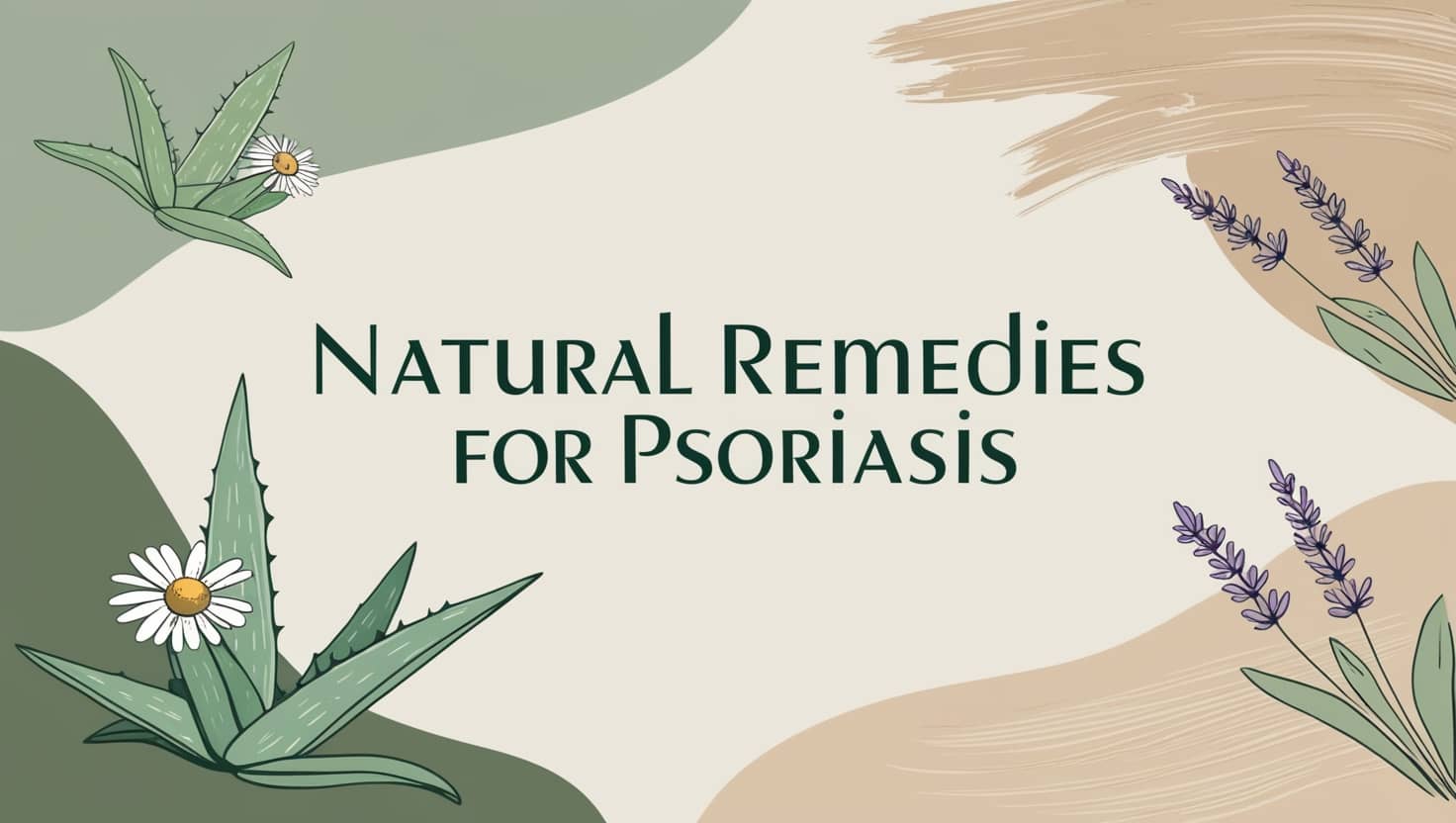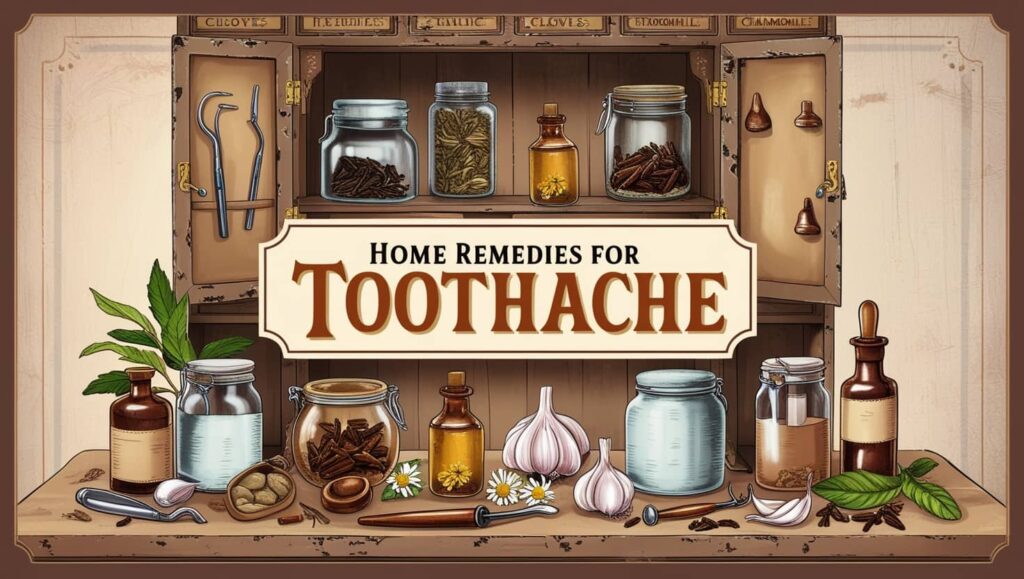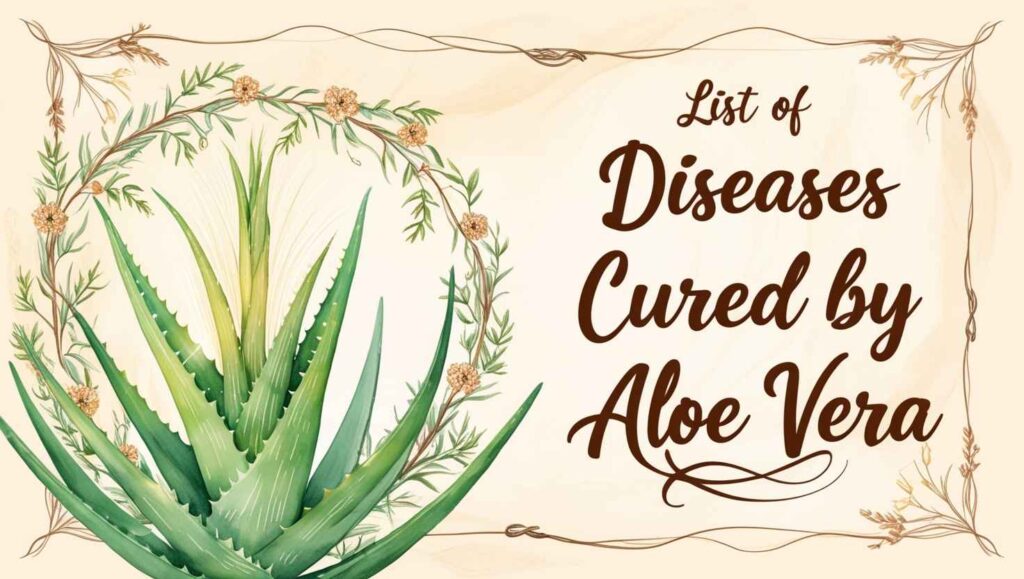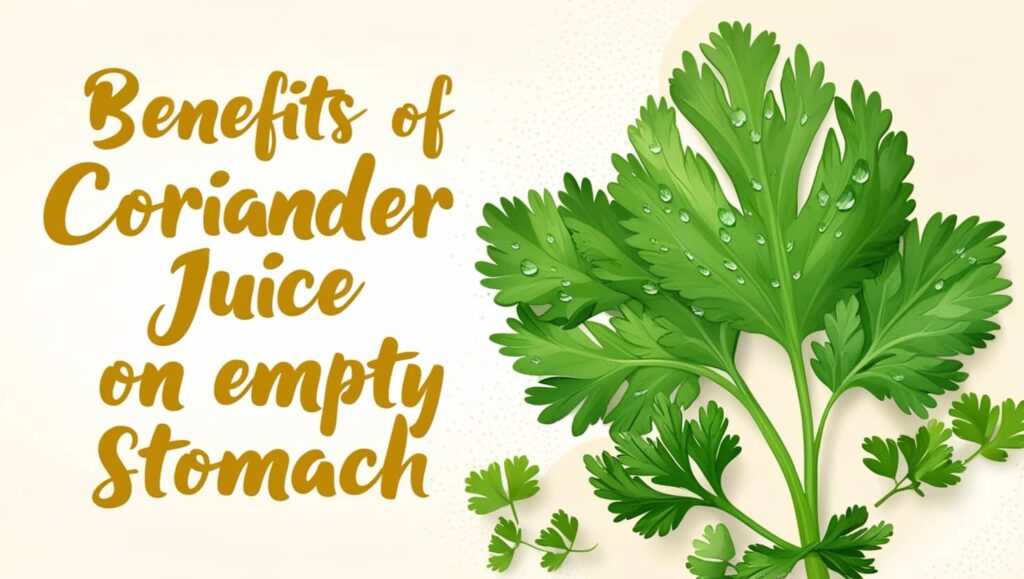Natural remedies become an effective psoriasis treatment, with lower costs and fewer side- or toxic effects than other therapies. Possible natural remedies used in the treatment of psoriasis will be discussed in this article in detail.
Psoriasis is a chronic autoimmune skin disorder characterized by excessive keratinocyte proliferation, erythema, scaly plaques, and severe inflammation.
The majority of conventional medical therapies have limited efficacy and may cause a variety of side effects, such as cutaneous atrophy, organ toxicity, carcinogenicity, and immunosuppression, which limit their long-term use.
As a result, it would be preferable to use herbal products as an alternative psoriasis treatment with fewer side effects.
Mechanisms of Action of Herbal Products Used in Psoriasis
Herbal products used in the treatment of psoriasis work by: –
- Inhibition of the keratinocyte hyperproliferation and induction of apoptosis.
- Inhibition of immune-inflammatory reactions.
- Suppression of phosphorylase kinase (PhK) activity.
- Inhibition of the hedgehog (Hh) signaling pathway.
12 Natural Remedies for Psoriasis
1. Aloe vera (AV)
Aloe vera (AV) from a Liliaceae family, is a perennial succulent cactus-like plant.
It is a well-known plant that is used in cosmetics and first-aid products for thermal injuries.
The leaves of the AV plant secrete a clear mucilaginous gel that contains a variety of active ingredients which have anti-inflammatory, anti-pruritic, and wound-healing properties.
AV contains anthraquinones, steroids, saponins, mucopolysaccharides, and salicylic acid.
Therapeutic Effect of AV against Psoriasis
Clinical studies have shown that AV is effective against psoriasis and that almost all patients have significantly higher rates of clearing psoriatic plaques.
The main active compounds in Aloe vera, anthraquinone and acemannan, have antibacterial activity against Staphylococcus and Streptococcus species and may provide a rationale for their therapeutic efficacy in psoriasis.
Furthermore, salicylic acid, a component of Aloe vera, is keratolytic, which would contribute to its reported efficacy in the desquamation of psoriatic plaques.
Aloe Vera
2. Capsicum annuum/ Capsicum frutescens
It is commonly known as Cayenne and the main component is capsaicin.
Studies revealed a possible activity against psoriasis via activation of cellular apoptotic factors.
Although there was a noticeable reduction in disease severity in a short time, a minor hazard effect such as local site burning was reported, so the capsaicin formula was only recommended to be used for only 2 successive days.
3. Silybum marianum
It’s also known as Milk Thistle. The hepatoprotective properties of this plant are well known.
In psoriatic patients, abnormally high levels of cAMP and leukotrienes have been observed, and normalization of these levels may help to improve the condition.
The ability of silymarin to improve endotoxin removal by the liver, inhibit cAMP phosphodiesterase, and inhibit leukotriene synthesis may explain its importance in the treatment of psoriasis.
4. Angelica sinensis
It is also known as Dong quay. The extracts of this Chinese herbal medicine contain potent furocoumarin i.e., psoralen.
In the presence of UVA, psoralens are potent photosensitizers. UVA exposure causes epidermal DNA cross-linking after psoralen ingestion, resulting in a decrease in epidermal DNA synthesis rate.
Psoralen–UVA (PUVA) therapy is self-administered by patients who consume dong quay and then receive ultraviolet light therapy or natural sunlight.
Hogweed (Heracleum sphondylium), another herb used to treat psoriasis, also contains psoralen, but no available information on its efficacy or side effects.
5. Matricaria recutita
It is commonly known as Chamomile. Chamomile flowers have a long therapeutic history in the treatment of gastrointestinal ailments.
It is used in the treatment of psoriasis due to chamazulene.
Matricin, a by-product of the non-volatile oil extract, is known to have anti-inflammatory properties by inhibiting lipoxygenase and, as a result, the formation of leukotriene B4 (LTB4).
There is evidence that increased LTB4 formation contributes to the formation of psoriatic plaques; thus, inhibiting LTB4 results in disease improvement.
Chamomile oil has antimicrobial properties that are effective against skin pathogens such as Staphylococcus and Candida.
The flavonoids quercetin and apigenin are active compounds in the flower as well.
Quercetin is a potent inhibitor of lipoxygenase, it also inhibits cyclooxygenase but to a lesser extent, it also has good skin penetration properties.
6. Curcuma longa
Turmeric has been used to treat infections and kidney stones for centuries. Its use in the treatment of psoriasis is a relatively new adjunct.
Curcuminoids and volatile oils are thought to contain anti-inflammatory components that work by selectively inhibiting phosphorylase kinase (PhK).
It may be useful in the treatment of psoriasis because it targets T-cell-mediated inflammation, which is a key component of psoriasis pathogenesis.
It is thought to inhibit nuclear factor kappa B, angiogenesis, phosphorylase kinase, and keratinocyte proliferation.
7. Bergamot Oil
Bergamot oil, which is extracted from the peels of the bergamot orange (Citrus bergamia) and is unique for its photosensitizing properties.
Coumarins and furocoumarins are the main active components, with 5-methoxypsoralen, which is the primary photosensitizer.
Phototherapy has long been used to treat psoriasis, and studies have shown that topical psoralens combined with UVA light can effectively clear psoriatic plaques.
8. Hypericum perforatum
St. John’s Wort, or Hypericum perforatum L., is a medicinal flowering plant found all over the world that contains the active ingredients hyperforin and hypericin.
Hyperforin has wound-healing, anti-inflammatory, and anti-bacterial properties.
Hypericin has been shown to reduce CD8-mediated cytotoxicity and alter the immune system by inhibiting tumor necrosis factor-α.
Studies reported its effect on mild plaque psoriasis. There was a significant reduction in erythema, scaling, and thickness.
9. Indigo naturalis
Indigo naturalis is a Chinese herbal remedy made from the Strobilanthes formosanus plant, which has been shown to have anti-psoriatic properties.
Indirubin, the main active ingredient, promotes differentiation and inhibits the proliferation of epidermal keratinocytes.
Indigo has been found to have anti-inflammatory properties.
Itching and erythema have been reported as side effects, but these usually subside within a few days.
Read Also: Wound Healing Herbs
10. Mahonia aquifolium
Mahonia aquifolium, also known as Barberry or Oregon grape, is a species of flowering plant in the Berberidaceae family that grows wild in Europe, North and South America.
It’s a popular plant for treating skin conditions, especially psoriasis plaques.
Berberine, berbamine, and oxyacanthine are the main components. They have an effect on the enzyme 5-lipoxygenase as well as lipid peroxidation.
The extract of Mahonia aquifolium bark inhibits the growth of keratinocytes.
The benzylisoquinoline alkaloid berbamine and oxyacanthine were more potent inhibitors.
When applying treatments, the most commonly reported side effects were local irritation, rash, and burning sensation.
11. Polypodium decumanum
It is a fern of the Polypodiaceae family that is effective in the treatment of psoriasis and other skin diseases.
It contains polyunsaturated fatty acids such as linoleic, linolenic, and arachidonic acids, which inhibit the inflammatory mediator leukotriene B4 effectively (LTB4).
The crude methanolic extracts of Polypodium Decumanum had better anti-psoriatic activity.
12. Cassia tora
Senna Tora, a member of the Fabaceae family, has been extensively studied due to its anthraquinone and naphthopyrone components.
Senna Tora is effective against psoriasis and has anti-microbial properties in the form of an aqueous paste of seeds.
Cassia Tora’s flavonoids and crude extract have the potential to be used as anti-psoriatic agents.
Summary
Natural remedies become an effective psoriasis treatment, with lower costs and fewer side- or toxic effects than other therapies.
Psoriasis is a chronic autoimmune skin disorder characterized by excessive keratinocyte proliferation, erythema, scaly plaques, and severe inflammation.
The majority of conventional medical therapies have limited efficacy and may cause a variety of side effects, such as cutaneous atrophy, organ toxicity, carcinogenicity, and immunosuppression, which limit their long-term use.
Herbal products used in the treatment of psoriasis work by: –
- Inhibition of the keratinocyte hyperproliferation and induction of apoptosis.
- Inhibition of immune-inflammatory reactions.
- Suppression of phosphorylase kinase (PhK) activity.
- Inhibition of the hedgehog (Hh) signaling pathway.
List of natural plants used in the treatment of psoriasis
- Aloe vera (AV).
- Capsicum annuum/ Capsicum frutescens.
- Silybum marianum.
- Angelica sinensis.
- Matricaria recutita.
- Curcuma longa.
- Bergamot orange.
- Hypericum perforatum.
- Indigo naturalis.
- Mahonia aquifolium.
- Polypodium Decumanum.
- Cassia Tora.
Read Also: 13 Common Home Remedies for Toothache and How to Use
References
- AP;, H. A. H. (2016). Topically used herbal products for the treatment of Psoriasis – mechanism of Action, drug delivery, clinical studies. Planta medica. Retrieved September 14, 2021, from PubMed
- RK;, F. B. S. D. A. J. S. (2017). Topical botanical agents for the treatment OF Psoriasis: A systematic review. American journal of clinical dermatology. Retrieved September 14, 2021, from PubMed
- (PDF) natural TREATMENT alternative for Psoriasis: A review on herbal resources. ResearchGate. Retrieved September 14, 2021, from ResearchGate
- Gabr, S. A., & Alghadir, A. H. (2014, November 2). Phytotherapy and Psoriasis: Complementary and ALTERNATIVE MEDICATIONS. World Journal of Dermatology. Retrieved September 14, 2021, from ResearchGate
- (Pdf) efficacy of medicinal plants for reducing the symptoms of psoriasis: A review article. ResearchGate. Retrieved September 14, 2021, from ResearchGate







